Blind privatisation, temporary or permanent, is not a solution
Finance Minister Nirmala Sitharaman wants to monetise assets in 13 sectors including airports, railways, roads, shipping, sports stadia and gas pipelines. Monetisation means transfer of management and privatisation means transfer of ownership. We may define monetisation as ‘temporary privatisation’ but how it would finally roll out is to be seen.
The assets are currently valued at Rs 1.6 lakh crore worth roads, over 400 railways stations, 90 passenger trains and other assets worth Rs 1.52 lakh crore, 25 airports valued at Rs 20,782 crore, power transmission assets of Power Grid and others pegged at Rs 45000 crore and many more.
The government proposal comes with an irony. In the 1960s, many private corporates sent their sick units for ‘temporary management’ to the government sector for nursing them back to health as if public sector management ran ‘industrial hospitals’. The wheel has since come full circle and assets are being sent to the private sector with “ownership” in government hands.
The PSUs in those days had delivered but would the private sector do the same today?
It appears that the confusion induced by liberalization and globalization of parting with built-in infrastructure by sending it to the private sector is still being considered as the panacea for all economic and industrial ills. It must change. The political parties, including the Left and regional forces like Trinamool Congress and Telugu Desam Party, have failed to come up with alternate suggestions.
The so-called free economy enunciated by the Narasimha Rao government meant creation of assets in all sectors. But Manmohan Singh, P. Chidambaram and Montek Singh Ahluwalia changed it to handing over public assets to large private companies. The policy with minor changes was adopted by all subsequent governments. It is now 30 years of “poverty management” of the nation's assets. Even in the present context, Congress leader Rahul Gandhi says he is not against National Monetisation Pipeline but asks why the sale should be confined to a selected few. Most other parties share the view.
The roads to be handed over are in good shape and the private sector would only start exploiting them for maximizing their profits by increasing tolls, fees and seek remission of lease fees showing managed losses.
The railways started commercialising its assets in the 1990s. Little has been achieved. Only two of its 90 trains were leased out. Again nothing new because some private parties in the past also used to run pilgrim or tourist specials for a fee.
The Metro in Delhi ran into losses worth Rs 1784 crore against a measly surplus of Rs 1084 crore in 2019. All other metros have huge losses, whether in Bengaluru, Kochi, Jaipur, Lucknow, and Noida. Are they awaiting privatization too?
There is a myth that Air India and BSNL were devastated by the bureaucrats. Can the nation forget how under UPA rule, the then civil aviation minister, Praful Patel, banned the national carrier from running in profitable sectors in order to help private airlines profit?
Similarly, the BSNL was turned sick by forcing it to lend national phone and internet infrastructure to create private sector giants. No one answers why VSNL was sold to its rival.
Why was the sick Ruchi Soya taken over? Its study may reveal how monetisation will unfold to help consumers.
The FM says that the properties leased out would be taken back. This is possible in a rent agreement without a murmur but long-term lease of 30 to 60 years could complicate things. Handing over the control of such assets to private is not considered a wise step. Blind privatisation, temporary or permanent, is not a solution.
(The writer is a senior journalist. The views expressed are personal.)
(Courtesy: The Pioneer)







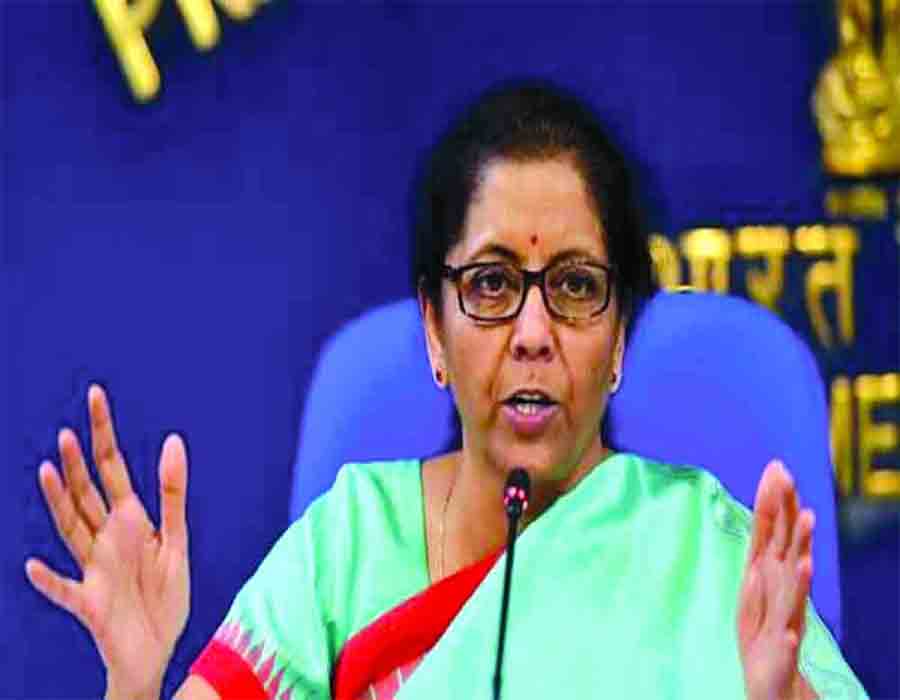
 OpinionExpress.In
OpinionExpress.In
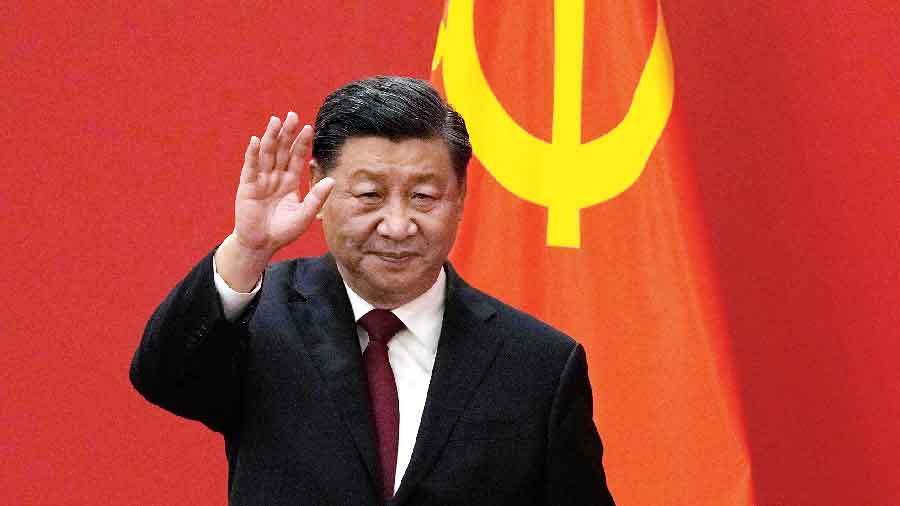

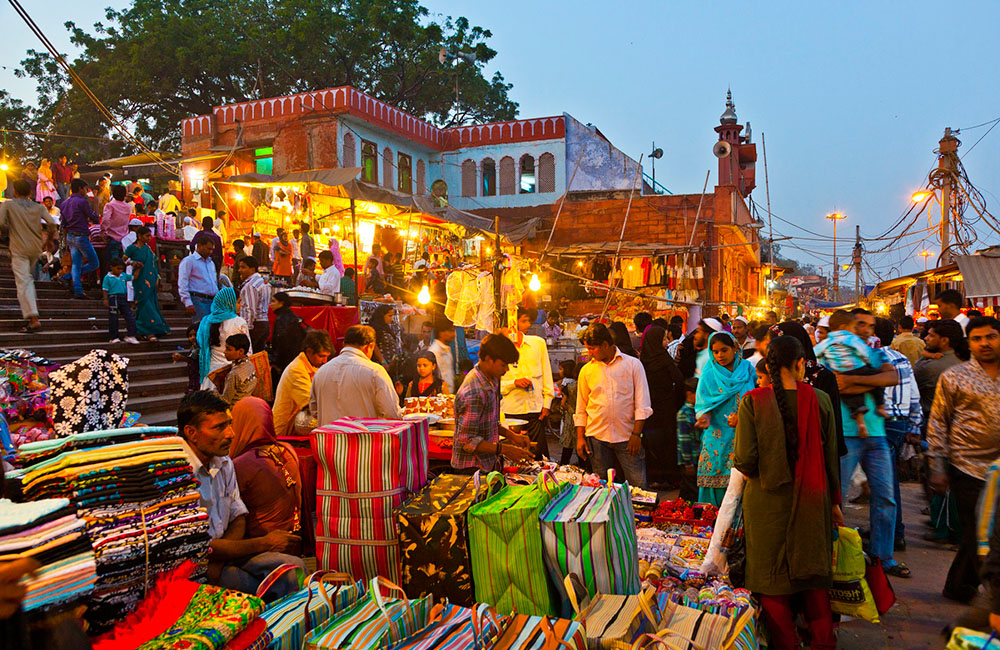
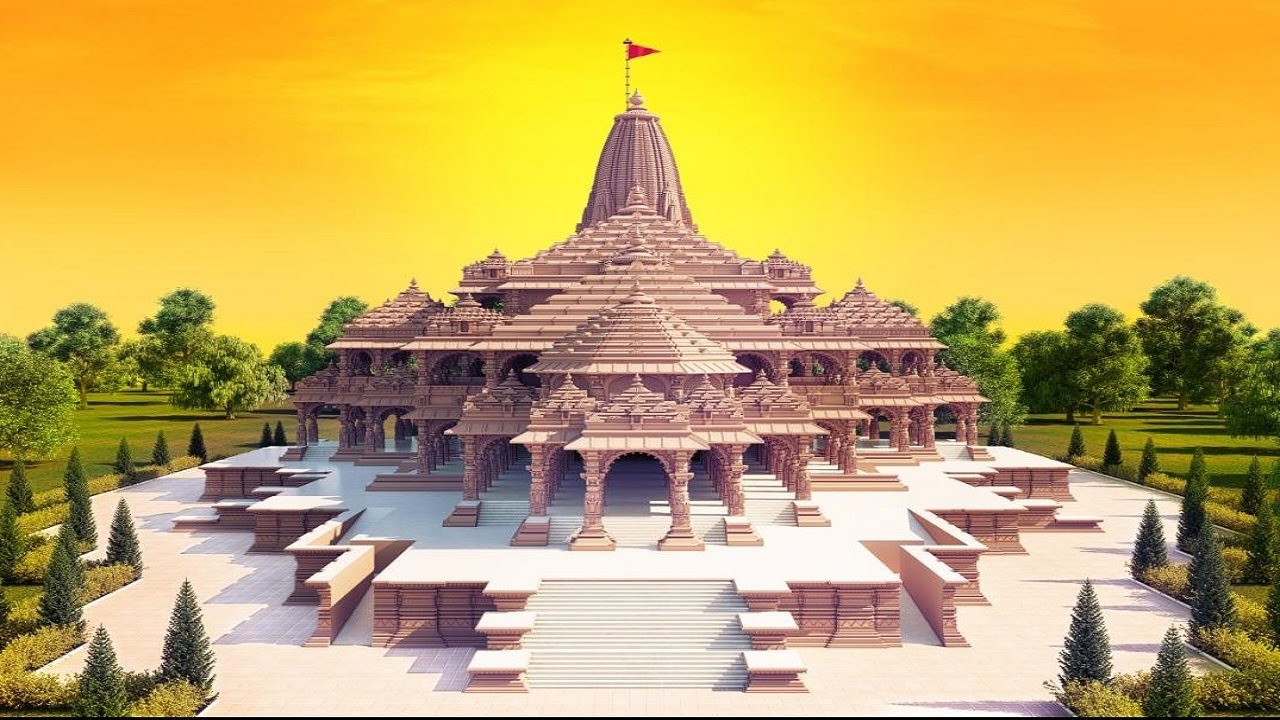
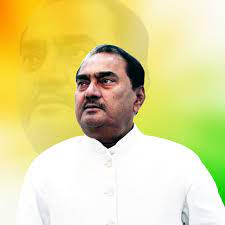
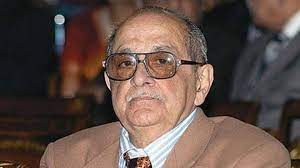
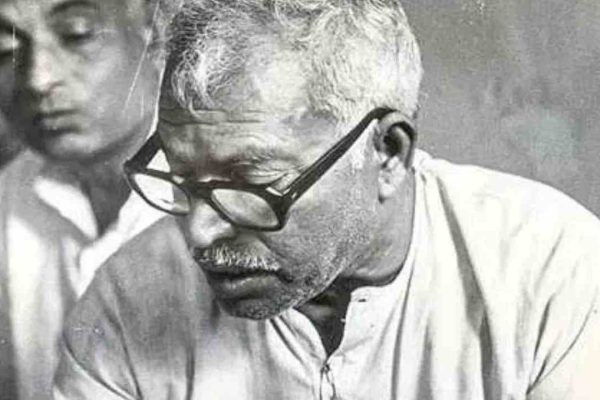
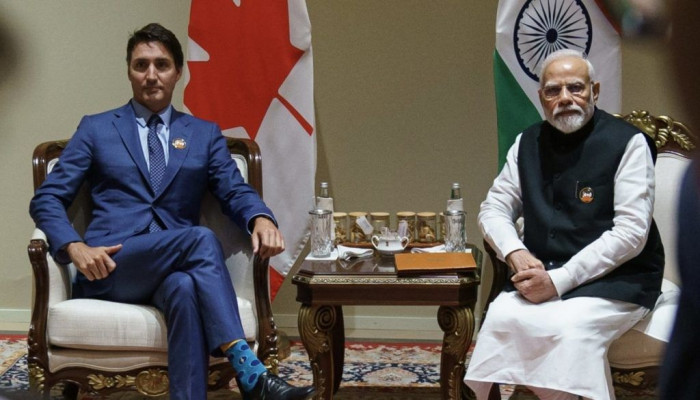
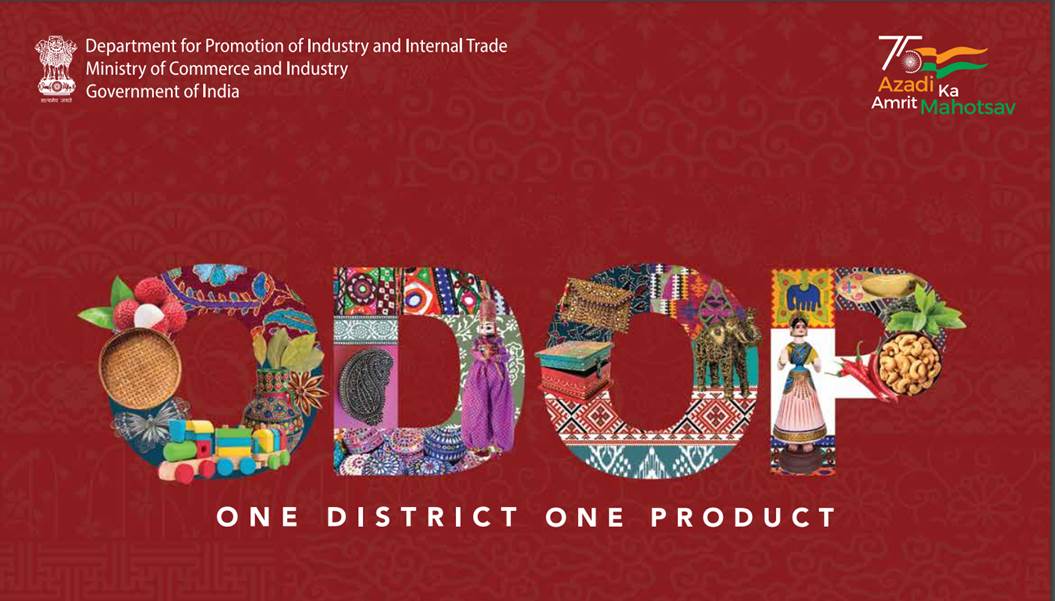






Comments (0)